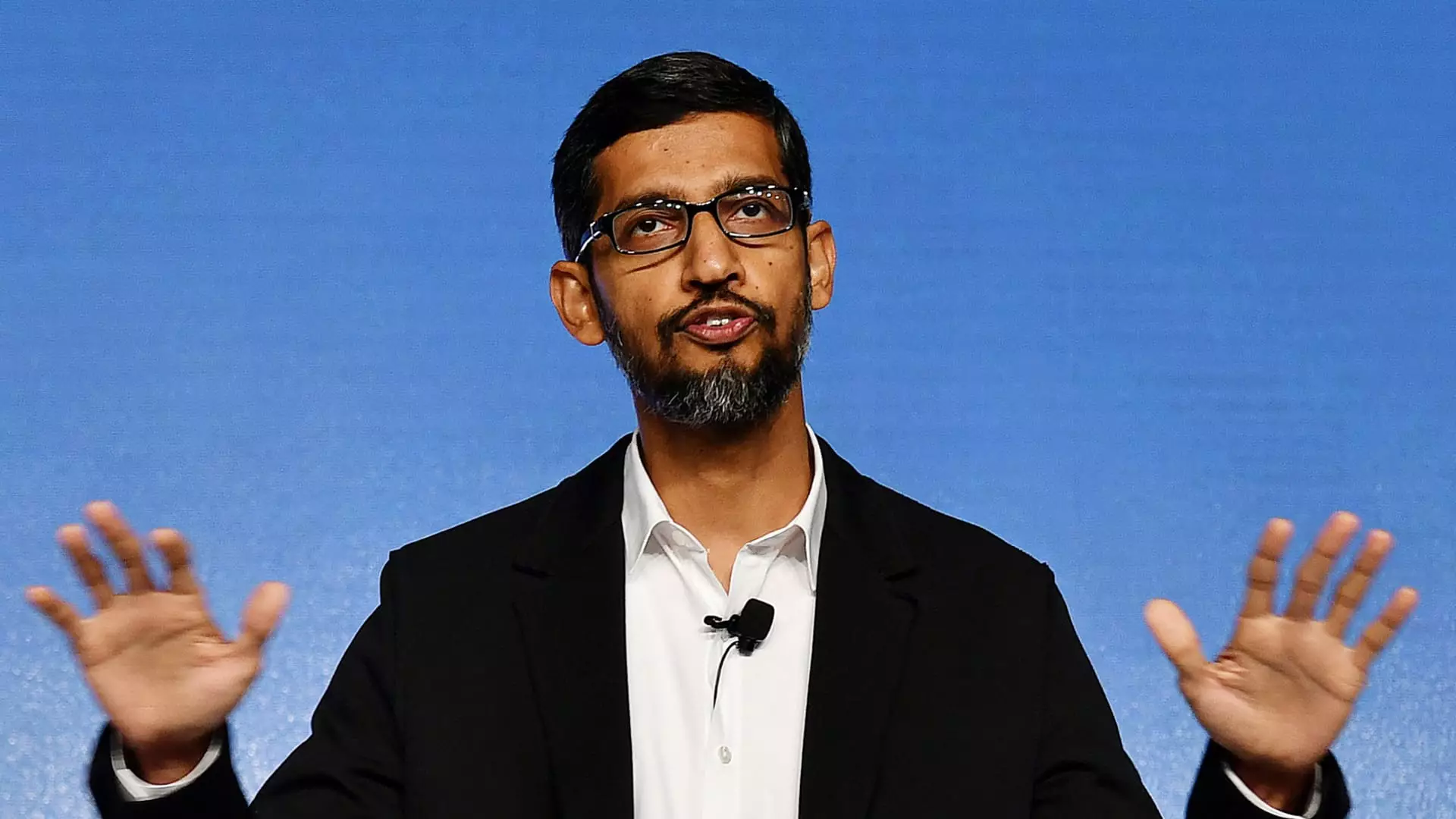In the contemporary landscape of corporate governance, the tug-of-war between maintaining a productive work environment and allowing freedom of expression is especially pronounced in tech companies like Google. Recently, reports surfaced indicating that Google has been actively moderating internal discussions related to the U.S. elections on its internal platform, Memegen. This move sparked significant debate about the extent to which employees can express their political opinions within the confines of their workplace.
According to various accounts, Google executives have been urging employees to refrain from voicing political views on Memegen. This internal platform, designed to foster camaraderie and meme-sharing among employees, is now under scrutiny for its capacity to accommodate political dialogue. Employees were sent directives discouraging political content, yet many persisted in sharing their views, revealing a rift between management’s desire for a neutral workplace and employees’ eagerness to engage in political discourse. The dichotomy here illustrates a palpable tension within Google’s corporate culture: while the organization aims to cultivate an inclusive atmosphere, many employees feel compelled to voice concerns about political engagement and corporate influence.
Amidst these developments, Google CEO Sundar Pichai issued a memo urging employees to consider the role the company plays as a provider of reliable information. Pichai noted that Google’s platforms are utilized by a diverse population and emphasized the need to maintain a standard of neutrality. This position encapsulates a broader corporate strategy that prioritizes stability and trust over the tumultuous nature of political discourse. However, Pichai’s call for restraint raises questions regarding the boundaries of acceptable discourse in the workplace. Are employees expected to suppress their political identities in order to foster a more conducive work environment? This tension points to deeper issues regarding individual rights versus organizational policies.
The current moderation strategy can be traced back to Google’s 2019 policy changes that restricted employees from making statements deemed disrespectful or inflammatory. Critics of this shift argue that it signals a disturbing curtailment of open expression in a company known for its progressive ethos. The 2020 expansion of content moderation practices was ostensibly aimed at reining in problematic discussions but has instead led to allegations that the measures are overly conservative and limit employee autonomy. This growing body of dissent has been particularly pronounced in light of controversial projects like the Nimbus contract with the Israeli government, which has generated significant internal opposition. Google’s previous handling of employee complaints regarding free speech only adds to the complexity of its current situation.
Google’s decision to leverage artificial intelligence to moderate discussion content further complicates the situation. While technological interventions can streamline content management, they also raise concerns about transparency and fairness in moderation practices. Implementation of AI could lead to a more sanitized workplace environment, but it risks alienating employees by potentially misrepresenting the intent of shared content and conversations. Many employees have already expressed frustration over seemingly arbitrary removals of memes and posts, which they often deem harmless or constructive. This sentiment fuels a growing discourse about the balance between corporate governance and individual expression.
Despite the crackdown on political discussions, employee engagement on Memegen suggests that many are determined to find a voice in a space that is seemingly becoming more restrictive. Employees continue to share memes reflecting their sentiments about work culture and broader societal issues, indicating that the desire for expression remains robust. Some memes have sparked lighthearted banter, with messages of support for colleagues or humorous takes on corporate policies. Yet, the risk of sanctions for perceived violations looms large, which can discourage open dialogue.
In navigating this complex interplay of politics, workplace culture, and corporate policy, Google finds itself at a crossroads. While the company’s efforts to create a neutral space reflect a pragmatic approach to managing diverse views, it must remain vigilant to the potential repercussions on team morale and employee satisfaction. The ongoing challenge will be to harmonize organizational objectives with the individual rights of employees, ultimately shaping the future of workplace dialogue in an increasingly politicized environment.

